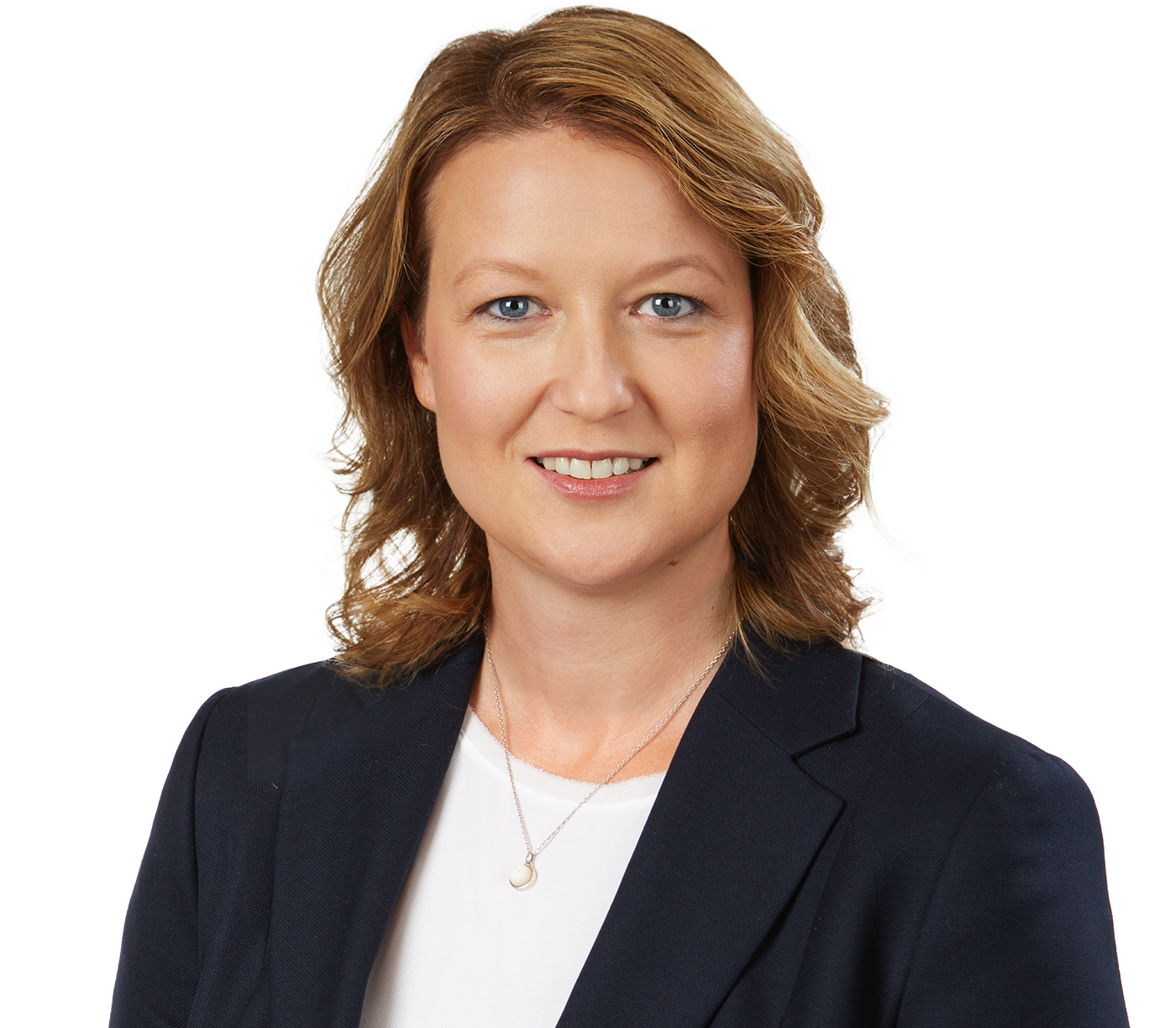Maria Ostashenko
PartnerChambers Europe
She is pleasant and kind to work with, responds fast, and has a good understanding of the situation and what needs to be done.

Chambers Europe
She is pleasant and kind to work with, responds fast, and has a good understanding of the situation and what needs to be done.
Maria Ostashenko is a Partner at ALRUD Law Firm, heading Commercial, Intellectual Property and Data Protection and Cybersecurity practice areas.
Leading team of Commercial practice Maria advises ALRUD clients on managing credit risks of parties, on forms of legal presence and models of conducting business in Russia, supports launching start-ups and implementation of complex projects related to international contracts.
In the Intellectual property area Maria renders legal support for formalizing IP rights, use, management and protection of brands and intangible assets, conducting marketing campaigns and advertising. She possesses extensive experience of resolving disputes regarding intellectual property, including alternative dispute resolution.
Maria represents international clients in the matters involving data protection regulation in Russia, advises on obligations of operators related to data processing, including cross-border data transfers, structuring data flow between the members of international groups.
Maria supports Russian and foreign clients providing her expertise in areas including pharmaceuticals and healthcare, FMCG, banks and financial institutions, retail trade, telecommunications, media and technology.
Maria is a frequent speaker at major Russian and foreign conferences and workshops, and an author of many analytical articles published in legal periodicals. Maria is a member of International Bar Association (IBA), International Trademark Association (INTA), International Technology Law Association (iTechLaw), International Distribution Institute (IDI), International Association of Privacy Professionals (IAPP). Maria also took part in working on the draft amendments to the Civil Code of the RF and presently conducts workshops on the Civil Code developments.
Maria is a certified specialist in the area of European data protection laws (CIPP/E).
Maria Ostashenko graduated from the Moscow State University in 2004 and was awarded a LL.M. degree in private law by the Russian Private Law School by the President of the RF in 2006. Maria joined ALRUD team the same year.